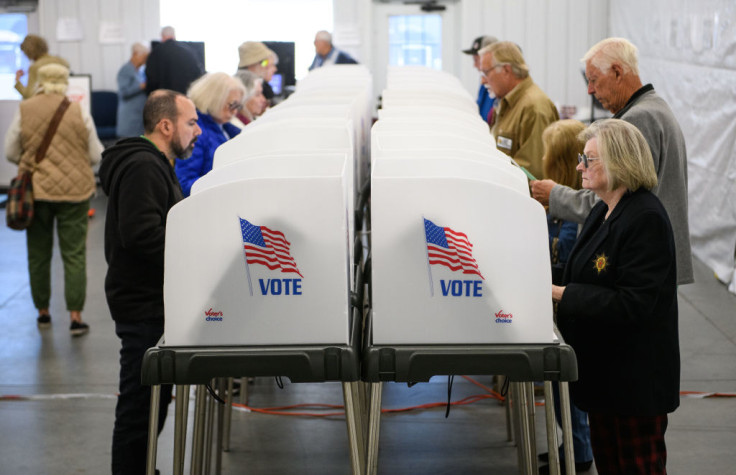
The U.S. Justice Department (DOJ) is in discussions with Homeland Security Investigations (HSI) about sharing sensitive voter registration data collected from states for potential use in criminal and immigration-related probes, according to government documents reviewed by Reuters.
The DOJ's Civil Rights Division has requested voter registration records from at least 24 states over the past several months, seeking full voter rolls from at least 22 of them. Homeland Security Investigations, part of the Department of Homeland Security (DHS), plans to cross-check the voter data with its law enforcement databases to identify potential irregularities, including cases tied to immigration enforcement.
Legal experts consulted by Reuters warn the plan raises significant privacy concerns and could conflict with what the DOJ originally told states about the purpose of the data collection. "The request for such data is not normal and it's not lawful," said Justin Levitt, a Loyola Law School professor and former official in the DOJ's Voting Rights Section.
The DOJ had told states it needed the information to ensure compliance with federal laws requiring states to maintain accurate voter rolls by removing ineligible voters, such as deceased individuals or those with felony convictions. However, government documents show the department is now considering transferring the data to HSI for broader enforcement purposes, including potential immigration-related investigations.
A DHS spokesperson consulted by Reuters confirmed the agency is working with the DOJ on an information-sharing plan, describing it as part of an effort to prevent people "illegally in the country from corrupting our republic's democratic process."
The move comes as the Trump administration escalates its immigration crackdown and expands data-sharing between agencies. Earlier this month, CNN reported that the Internal Revenue Service began providing DHS with certain taxpayer data to help locate undocumented immigrants facing deportation orders. Separately, a federal judge in California recently blocked the Department of Health and Human Services from giving DHS access to Medicaid enrollee data amid ongoing legal challenges over privacy concerns.
Some states have refused to comply with DOJ's voter data requests, calling them overly broad and lacking legal justification. The general counsel of the Minnesota Secretary of State's office, Justin Erickson, told the DOJ in a letter seen by Reuters it did not "identify any legal basis in its June 25 letter that would entitle it to Minnesota's voter registration list. Nor did it explain how this information would be used, stored, and secured."
DOJ and DHS have not yet finalized how the data will be shared.
© 2025 Latin Times. All rights reserved. Do not reproduce without permission.






